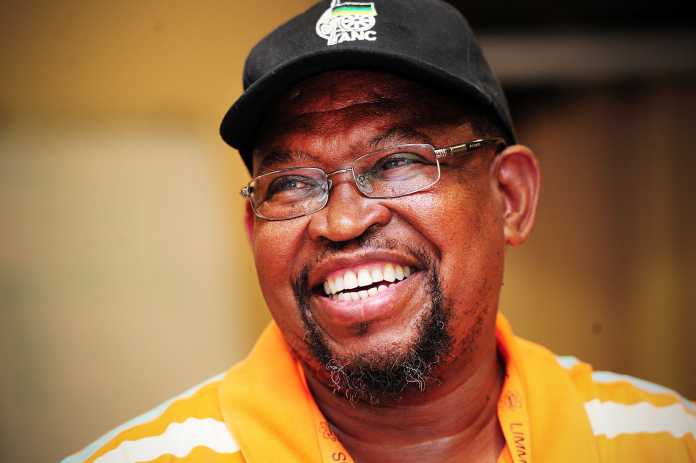The R500-million bribery allegations against finance minister Enoch Godongwana are defamatory and false, the Joburg High Court ruled on Friday.
Judge Dario Dasio also found that businessman Mthunzi Mdwaba had unlawfully published the allegations and was therefore liable to pay damages to Godongwana, who claimed R1- million.
However, Dasio left the quantification of damages, apology and retraction of allegations to oral evidence.
In the meantime, Mdwaba is barred from doing any interview that says or implies that Godongwana tried to solicit the R500-million bribe, and he will have to pay Godongwana’s legal costs on a punitive scale.
Dasio said Godongwana had to bring these proceedings to protect his rights and reputation because he was “a victim of a vicious assault on his dignity”.
Mdwaba’s claims unsubstantiated
He added: “The letter of demand to cease, retract, and file an apology was sent to the respondent on 8 November 2023, stating that the respondent had seven days to do so. To date, no retraction or apology has occurred.”
“It appears that the respondent is in receipt of a possible dubious tender that has been set down for 25 January in the High Court. The grievance of the respondent is that his business ambitions have been thwarted by the Minister of Labour, Mr Thulas Nxesi, for reasons which fall outside the scope of this application.”
The judge said Mdwaba, to safeguard his commercial interests, threw unsubstantiated accusations widely to pressure the government to accede to his demands.
In his defence, Mdwaba told the court that he believed the allegations were substantially true and published in the public interest.
He claimed two unnamed sources told him, “T” and “J”, where the latter was an “intelligence officer”.
But Dasio found the submission evasive as to the nature and content of the disclosures, or of their source, and as to the steps he took to satisfy himself as to the reliability of the source and the truth of the allegations.
The respondent’s only justification is that he went to dinner at Codfather and heard certain things said to him. The respondent then went ahead to publish what he was told without any further questioning of what was said to him.”
Dasio said that in Mdwaba’s version, he did not verify the allegations.
“There are no supporting affidavits; the respondent has no basis in truth to make the statements. The respondent can also have no ‘reasonable’ belief that the statement is true when it is based on hearsay.”
No affidavits, case was hearsay
The judge continued: “The failure to establish what ‘T’ and ‘J’ told him was substantially true is fatal to this defence. The public cannot be expected to believe these statements where there is no proof to substantiate the allegations. No serious business person could have taken what happened at the restaurant Codfather during the night of 19 May 2023, as ‘evidence’.”
The judge also disagreed with Mdwaba’s defence that the allegations were fair comments supplied by the intermediaries and that the only way the veracity of the statements can be assessed is by leading oral evidence.
“There is no need to refer this aspect to oral evidence. This Court can decide it on the papers,” said Dasio. He said the high-water mark of Mdwaba’s case was “hearsay, scant, and far-fetched evidence”.
“It is strange that the respondent considers Mr ‘T’ to be a key witness yet fails to attach an affidavit deposed by Mr ‘T’. It is clear that the respondent is therefore lowering the standing of the applicant without having to account for the veracity of his claims.”



